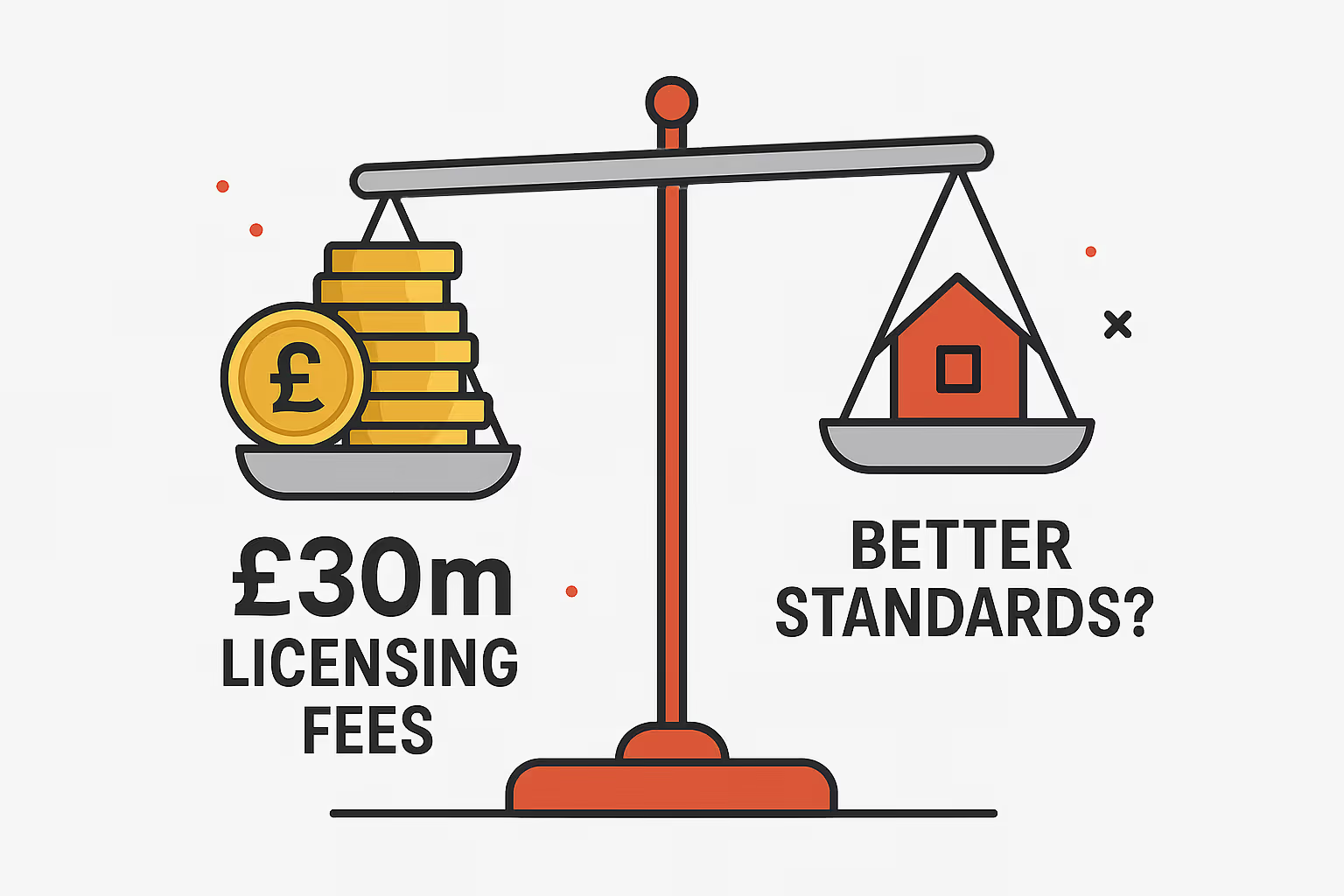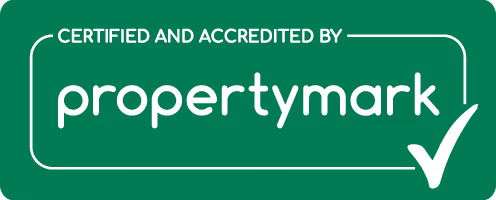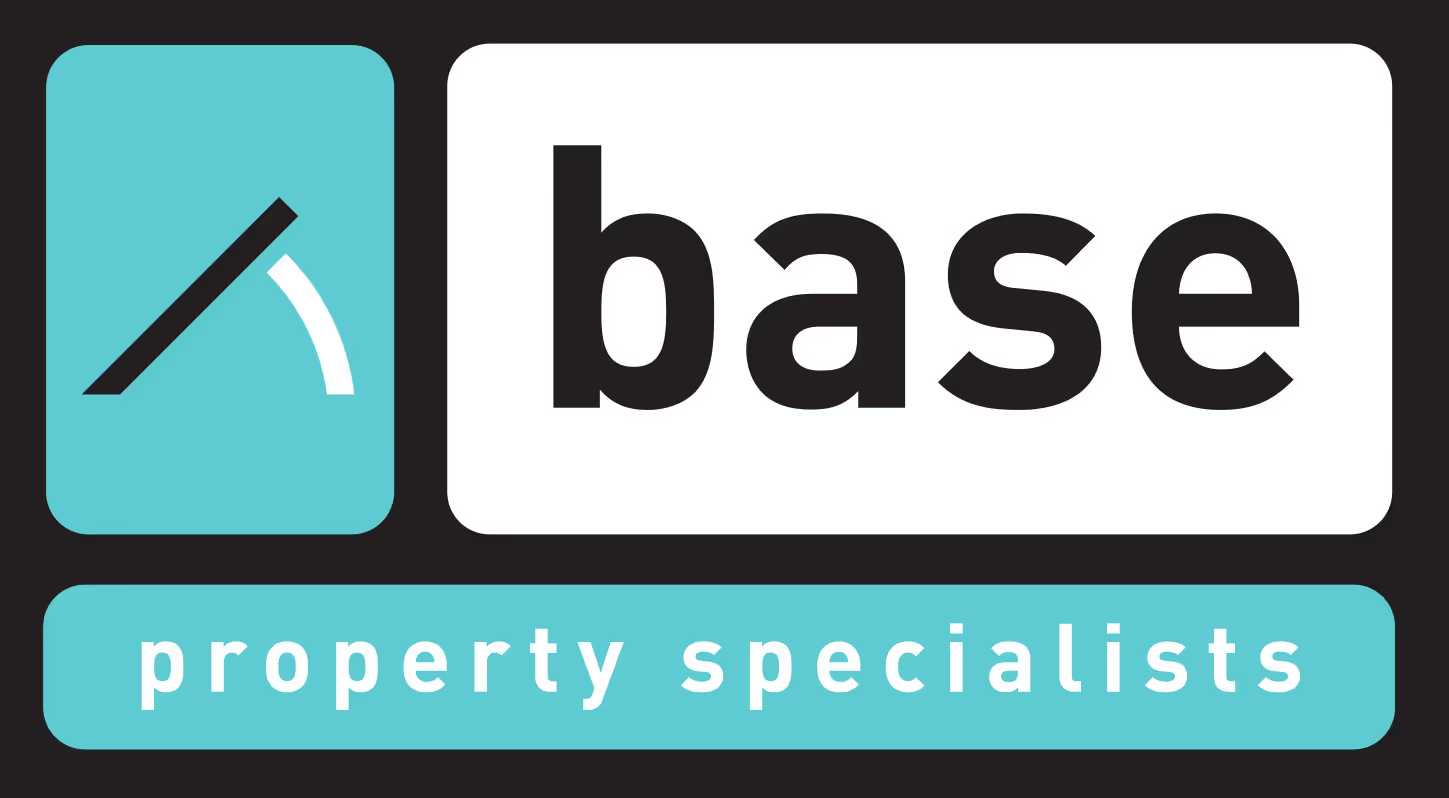A Mega-Scheme in the Making
Hackney Council is consulting on one of the UK’s largest and most expensive landlord licensing schemes, covering 76% of its private rented stock – over 26,000 homes. On the surface, this sounds positive: improve housing standards, protect tenants, and drive out rogue landlords. Yet dig beneath the surface and the reality looks less progressive and more like a new tax on landlords and tenants alike.
Hackney’s plans risk creating unintended consequences that undermine affordability, reduce supply, and penalise good landlords, while doing little to address the borough’s real housing challenges.
The Economics of Rent – What Hackney Gets Wrong
Hackney states the average private rent is £2,498pcm and that this requires a household income of £65,000. This is misleading. Any responsible affordability test applies a multiplier of 2.5–3 times annual rent. On that basis, a rent of nearly £30,000 per year requires a household income of £75,000–£90,000.
Instead, Hackney compares rent to an average personal income of £30,000, giving a skewed impression of unaffordability. Rents are sustained at their current levels precisely because there are households who can afford them. In other words, rents follow incomes. To suggest otherwise is to ignore basic economics.
If Hackney’s average rents are £2,500pcm, it is because enough residents earn enough to support that level. Demonising landlords for “exploitation” misses the fundamental truth: rents are a product of demand and affordability thresholds, not unilateral landlord decisions.

Empty Rhetoric, Vague Claims
Hackney’s report speaks of landlords “exploiting a poorly regulated PRS” and tenants “forced to accept poor housing conditions”. Yet the evidence to support these sweeping claims is absent.
- No data on how many landlords are genuinely rogue.
- No clear proportion of homes failing standards.
- No analysis of how licensing will drive out bad actors rather than penalise the compliant majority.
At the same time, Hackney says it is “targeting problem areas” while proposing one of the broadest licensing schemes in the UK, covering 17 out of 21 wards. That’s not targeted - it’s scattergun.
Licensing Duplication – Layering Rules on Rules
Hackney’s plans also ignore the fact that national reforms already overhaul the PRS:
- The Renters’ Rights Bill abolishes Section 21, introduces the Decent Homes Standard, extends Awaab’s Law, bans bidding wars, and extends notice periods.
- The HHSRS (Housing Health and Safety Rating System) has been modernised to deal with hazards like damp and mould.
- Rogue landlords already face banning orders, fines, and rent repayment orders.
In short: the national framework already covers the concerns Hackney raises. Licensing adds no new standards – it simply adds bureaucracy and fees.
Hackney’s Own Failings – Hypocrisy at Play
Hackney portrays itself as the champion of standards. Yet its own social housing record is damning:
- 400+ homes missed gas safety inspections within legal timeframes.
- 15,000+ homes lacked electrical safety certificates.
- The Housing Ombudsman found severe maladministration over damp, mould, and repairs.
- The Regulator of Social Housing downgraded Hackney to C3 – “serious failings.”
At the same time, Hackney praises the extension of Awaab’s Law to the PRS while failing to address mould and damp within its own stock. Should a council unable to maintain its own homes credibly levy massive fees on private landlords for the same issues? It’s a fair question.
Evidence That Doesn’t Stack Up
Hackney’s consultation claims 1,818 HMOs are “likely” to have at least one serious hazard. Likely? Either a hazard exists or it does not. Such vague data points weaken the entire justification for blanket licensing.
Meanwhile, national surveys consistently show high levels of satisfaction among tenants – with around 85% happy with their homes and services. Issues are concentrated in perhaps 10–15% of the PRS, not three-quarters of it.
If Hackney’s last licensing scheme (2018–2023) was successful, why is another needed? And if it wasn’t, why double down on a failed approach?
Complaints-Based Enforcement – What’s So Wrong With It?
Hackney dismisses its current “complaints-based” enforcement model as inadequate. But let’s ask the obvious: if tenants are not complaining, how severe are the problems? Where tenants fear reprisals or rent rises, Hackney should focus on protecting complainants – not on blanket licensing that raises costs and rents further.
In fact, licensing may worsen the very fear Hackney highlights. Adding nearly £1,000 in fees per property guarantees higher costs passed to tenants, discouraging complaints and undermining affordability.
A smarter approach would be:
- Properly resourcing fast, effective enforcement teams.
- Using digital tools and data (like Marks Out Of Tenancy) to target poor performers and rogue landlords.
- Strengthening mandatory HMO oversight rather than blanketing the market.
The Licensing Machine – Slow, Expensive, Inefficient
Even where licensing schemes exist, they rarely function efficiently. Many London boroughs take 12 months or more to process a licence application. During this period, landlords remain compliant simply by having applied, meaning tenants gain no immediate benefit.
With modern technology, licences could be processed in 10–28 days. Yet Hackney provides no plan to resource this properly. Instead, it is spending £200,000+ on consultants to design a scheme it has already trialled once.
If licensing is meant to protect tenants, why is it designed in ways that deliver the least timely impact?
Follow the Money – A £30m Scheme
Hackney proposes fees of £925 (selective) and £1,400 (additional) per property. Applied to 26,520 homes, this represents around £30 million in potential revenue.
The report insists this money will fund enforcement and support, but history suggests most licensing revenue disappears into admin. Schemes across London have repeatedly failed to deliver measurable improvements despite multi-million-pound intakes.
This looks less like a tenant-protection measure and more like a revenue-generating exercise.
The Real Issue – Social Housing Shortfall
Hackney’s housing crisis stems not from rogue landlords but from decades of underinvestment in social housing:
- 8,500 households remain on the council’s waiting list.
- House prices are nearly 20x average incomes, blocking residents from ownership.
- The PRS has become the pressure valve, absorbing demand social housing should meet.
Instead of owning this failing, Hackney hints at rent controls – an easy soundbite, but one that ignores its responsibility for under-delivery. Licensing becomes a distraction, not a solution.
Unintended Consequences
What Hackney’s scheme will really deliver:
- Higher rents, as landlords pass on licensing costs.
- Exit from the sector, particularly by small landlords, reducing supply.
- Greater reliance on short-term lets, as landlords sidestep PRS regulation.
- Reduced affordability, with tenants bearing the cost of bureaucracy.
- Unlicensed rogues untouched, since they are least likely to register.
Even Hackney’s exclusion of four wards comes with a caveat: they “may be added later,” signalling an inevitable creep towards borough-wide licensing.
Smarter Alternatives
If Hackney genuinely wants safer, fairer housing, better approaches exist:
- Invest in enforcement teams – target rogues instead of penalising the compliant.
- Leverage data and tech – identify overcrowding, hazards, and illegal conversions through intelligence-led inspections.
- Set turnaround targets – 28 days maximum for licence processing.
- Align with national reforms – avoid duplicating the Renters’ Rights Bill and HHSRS.
- Deliver social housing – the single biggest lever to ease PRS demand and affordability.
Conclusion: Licensing as Irony
Hackney’s proposed £30m licensing scheme is riddled with contradictions:
- Claims to target problems, while covering three-quarters of the market.
- Promises affordability, while embedding new costs that raise rents.
- Advocates for reforms already mandated by national law.
- Praises Awaab’s Law, while failing its own tenants on mould and damp.
Licensing is a blunt instrument – bureaucratic, costly, and ineffective. If Hackney truly wants a Better Deal for Renters, it should look inward: maintain its own housing to exemplary standards, invest in genuine enforcement, and deliver the social homes it has failed to build for decades.
As it stands, this scheme looks less like a policy to protect tenants and more like a new tax on the PRS – one that renters themselves will ultimately pay.







